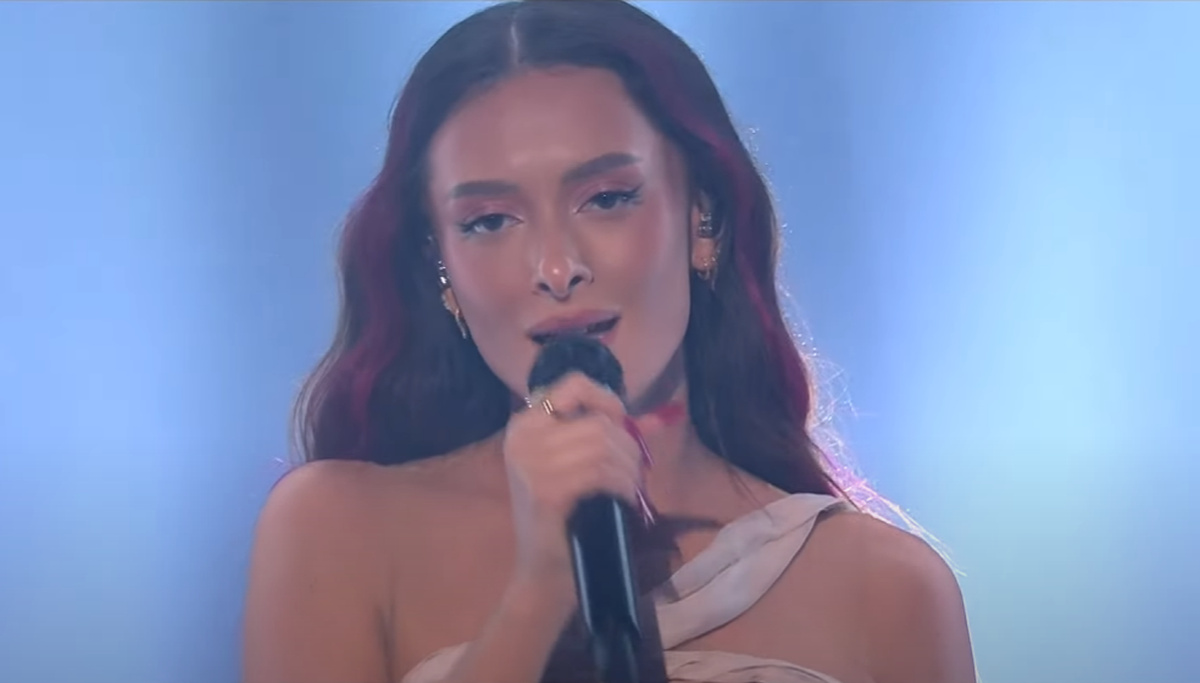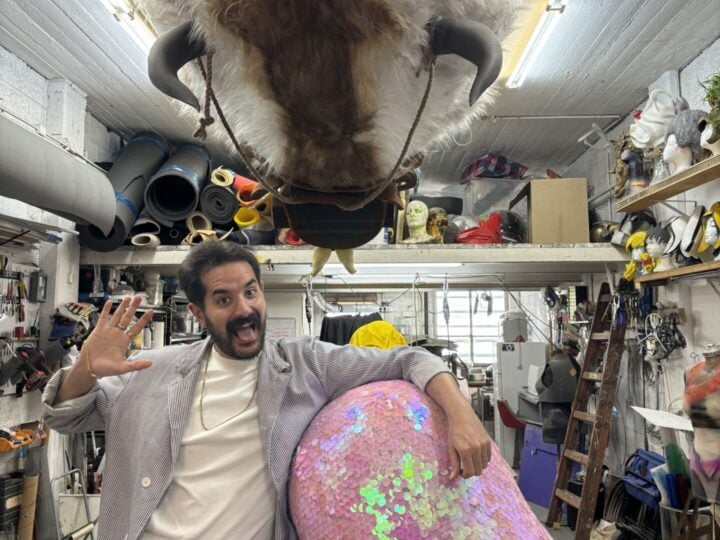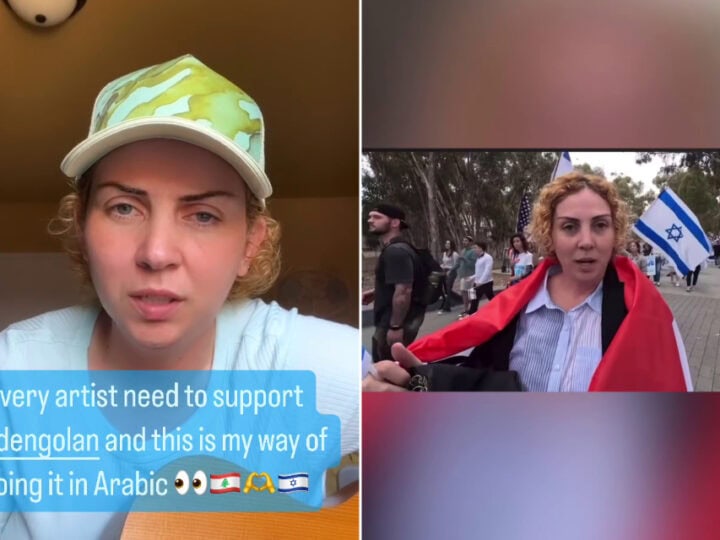Israel’s Eden Golan finished fifth in the 2024 Eurovision Song Contest, which this year was overshadowed by politics and controversy involving the participation of the Jewish state during the time of war in Gaza.
Switzerland’s Nemo won the competition, hosted this year in Malmo, Sweden, after securing most of the points from the jury panels of the majority of the 52 member states. Nemo becomes Eurovision’s first non-binary winner.
Israel, meanwhile, received 323 points from the public, behind Croatia, which received 337 points and ultimately finished second. Nemo secured just over 200 votes from the public, enough to clinch the victory.
Golan ranked 12th based on the jury vote. None of the participating countries awarded the maximum 12 points to Golan, and only 11 jury panels gave Israel any points at all: Norway, Cyprus, Germany, Belgium, Estonia, Lithuania, France, Malta, Moldova, Georgia and Latvia.
Golan was loudly booed by the crowd during her Grand Final performance, which was the case throughout the Semi Final two days prior and all the rehearsals. The boos were muted for the broadcast by the European Broadcasting Union (EBU), which organizes and stages the event.
At least two of the contenders, however, made pro-Palestinian gestures that went unnoticed by the EBU. Political gestures violate the EBU official rules.
Portugal’s Iolanda had her nails painted in the pattern of the keffiyeh, associated with the pro-Palestinian protests.
Ireland’s Bambie Thug, who came in sixth just behind Israel, held a stuffed watermelon, also a symbol of pro-Palestinian protests, in the green room while awaiting the results. She claimed the Israeli delegation was harassing her, forcing the organizers to relocate Golan’s delegation’s dressing room of away from the Irish singer. Thug claimed she cried when she learned that Golan made it to the Grand Final.
Outside the auditorium, 15,000 pro-Palestinian protesters gathered to demonstrate against Israel’s participation. Among the protesters was Swedish climate activist Greta Thunberg, who was later arrested by the police.
Golan was ordered to remain in her hotel room throughout her stay in Malmo. She was transported from the hotel to the Eurovision venue by a huge convoy of security.
Thankfully, fears that pro-Palestinian activists would try to storm the stage during the broadcast, watched annually by over 150 million people, did not materialize.
The 20-year-old songstress said she was proud to represent Israel in such a challenging year.
“There were difficult moments, but thanks to huge support from home, we never gave up. I want to thank everyone who supported me, my country, the amazing members of the delegation and my family that I can’t wait to see and hug,” said Golan after the final.
In an emotional post on Instagram, Golan wrote that she dedicates her participation in the song contest “to the voices we can’t hear, the hostages — we are desperately waiting for you all to return home.”
















